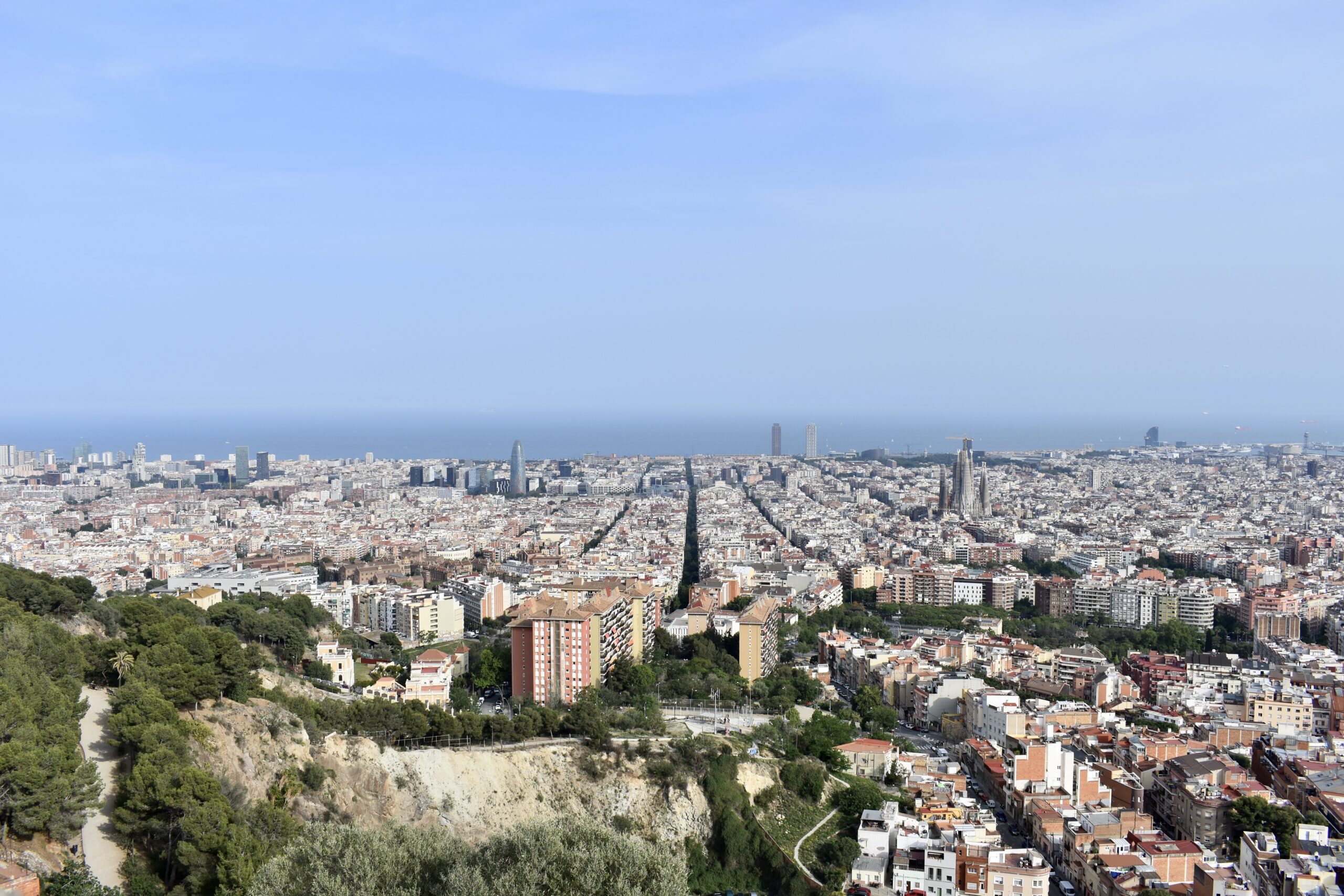
Teamwork in Barcelona’s Architecture: Empowering Young Designers
As part of my architecture summer program, one of the standout courses teaching us the history of Barcelona offers a unique teaching mode which is taught by a local architecture graduate student with extensive experience and connections to young architects and designers. This instructor has provided me with valuable insights into Barcelona's architectural history and current practices through engaging guest lectures featuring practicing professionals. The biggest difference I've noticed in Barcelona's architectural scene is the significant responsibility given to young emerging designers, allowing them to lead large projects. This is made possible by the strong collaboration among different disciplines and the talented team members that make up architectural offices here.
During one inspiring guest lecture, a team shared their journey of meeting in university and, after graduation, the young group of women went on to start their own firm. Merging their like-mindedness and diverse talents, they entered design competitions and were awarded with their first significant project shortly after. Barcelona's architectural community uniquely values teamwork, providing the necessary resources and support for young architects, like this team, to succeed in city-wide competitions.
This emphasis on teamwork-centric design in Barcelona is quite distinct from what I experienced as an architectural intern in the United States. While design is undoubtedly a collaborative process, I couldn't help but notice that the U.S. architectural culture tends to place greater emphasis on individualism. The contrast has left an impression on me, and I find myself admiring and inspired by the collaborative approach present in Barcelona.
Witnessing firsthand how teamwork and collaboration contribute to successful and innovative design solutions, I am eager to take this valuable lesson back home with me and apply it in my future architectural endeavors!
